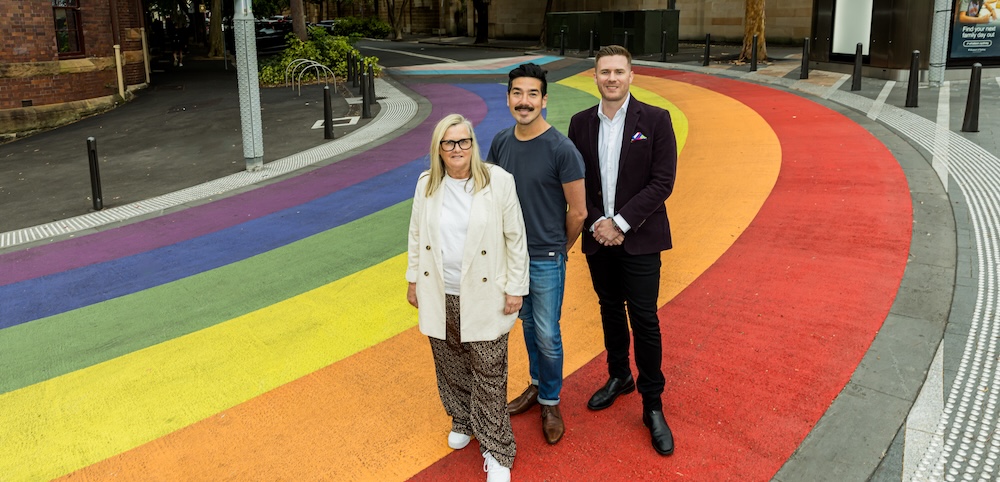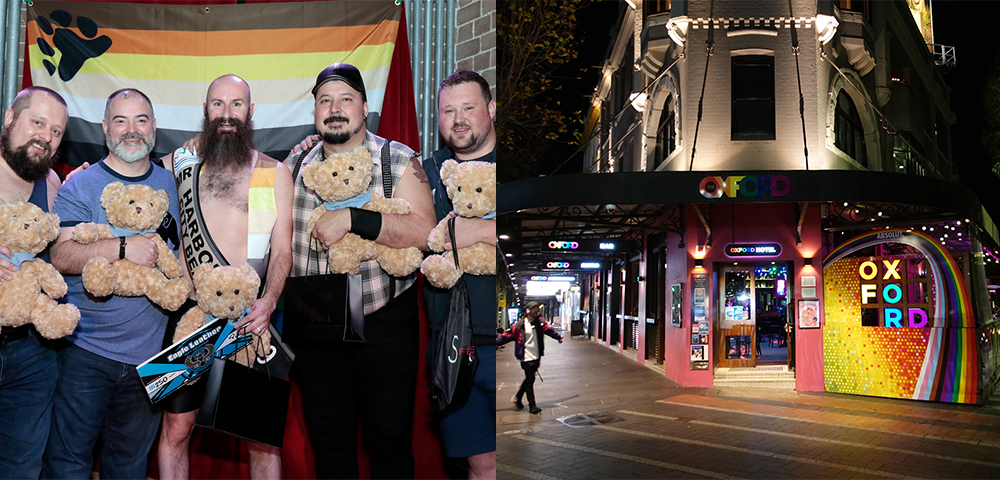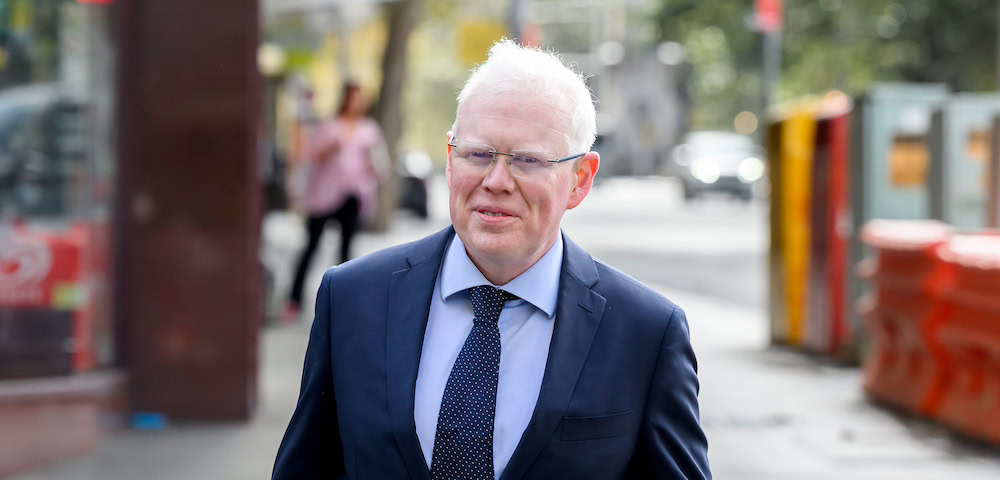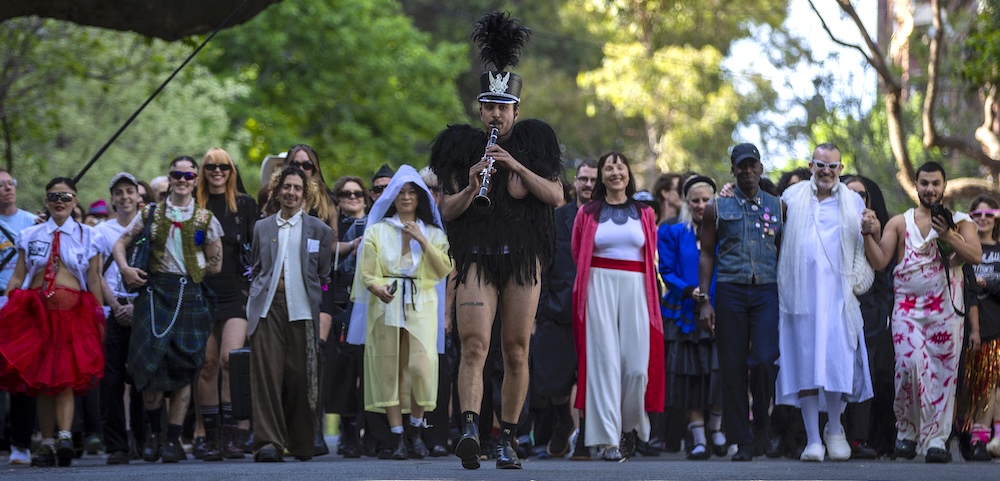
Discrimination board anger
The effectiveness of the NSW Anti-Discrimination Board (ADB) has been called into question, with president Stepan Kerkysharian saying the board no longer has the resources to make public comments or educate the community.
Former president Chris Puplick went further, saying the people of NSW were the most disadvantaged in Australia in terms of legal rights. He said the ADB had effectively been silenced since its restructure in 2003.
A spokesperson for attorney-general Bob Debus denied the government was preventing the ADB from fulfilling its duties, and said funding for the Board had actually increased in recent years.
According to the ADB website the board’s function is not only to handle complaints of discrimination but also to educate the community about preventing and dealing with discrimination, and to advise the state government.
Kerkysharian said the ADB’s capacity to do this had been greatly reduced since the media department was removed and the legal department reduced to one lawyer.
The board does not have the resources and the capacity to be able to be active in the media, Kerkysharian told Sydney Star Observer.
He said the lack of resources made his job difficult.
The ADB is part of the Attorney-General’s department and Kerkysharian said although he had access to their media resources the arrangement was inadequate.
He believed the ADB’s restructure was due to cost cutting and a belief by government the board should only be handling complaints.
Anything that wasn’t about dealing with complaints was seen as secondary to the core business, he said.
Former ADB president Puplick said the restructuring of the ADB was one of the absolute disgraces of what’s happened in public administration in NSW.
The ADB had its library taken away, had its media resources taken away, had its entire policy section taken away, and had its budget and staff virtually halved, Puplick said.
It was told the only job it had was the resolution of complaints -“ it had no public educative focus, no real capacity for community consultations and had no policy role, no role to advise government or to do independent research and suggest to government what should be done about ongoing problems of discrimination.
The ADB was restructured following Puplick’s resignation from the ADB and as NSW Privacy Commissioner in 2003 after he was accused of giving preferential treatment to a friend who had brought a case involving homosexual discrimination before the ADB.
The fall in complaints to the ADB was no surprise, Puplick said.
That was the whole idea of the exercise, that we stop telling people they’ve got rights so they don’t know they’ve got rights, he said.
I think the whole thing has been a very successful exercise by [former premier Bob] Carr and others to make sure people in NSW are probably now the most disadvantaged in terms of their legal rights of anybody in Australia.
Puplick said Carr was particularly vengeful because of the ADB’s controversial report in 2003 called Race For The Headlines, which criticised the media and the government far the way crimes involving racial minorities had been reported.
Carr was overseas this week but told the Star through his spokesperson he was proud of the work he and his government had done in terms of the Anti-Discrimination Act, particularly when it came to including transgender people in it.
A spokesperson for attorney-general Bob Debus said, The suggestion that the government is preventing the ADB from having a public presence or educating the community is wrong.
The spokesperson said the government obviously expected the ADB to focus on complaints. He said the budget cut in 2003/2004 was based on expectations complaints would decline, and they did by 43 percent.
The number of complaints had increased marginally in the last three years, he said, adding that the budget for the ADB in 2006/2007 had been increased by six percent.
The point should be made that the ADB budget has increased, while the rest of the public service has been asked to make budget cuts, the spokesperson told the Star.
The NSW Gay and Lesbian Rights Lobby was working with the ADB to try to inform the community about the Board’s role, Lobby spokesperson Simon Levett said.
They were particularly trying to do this through the Pink Ceiling Is Getting Lower campaign, which deals with discrimination in the workplace.









